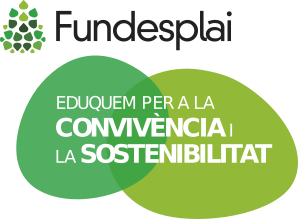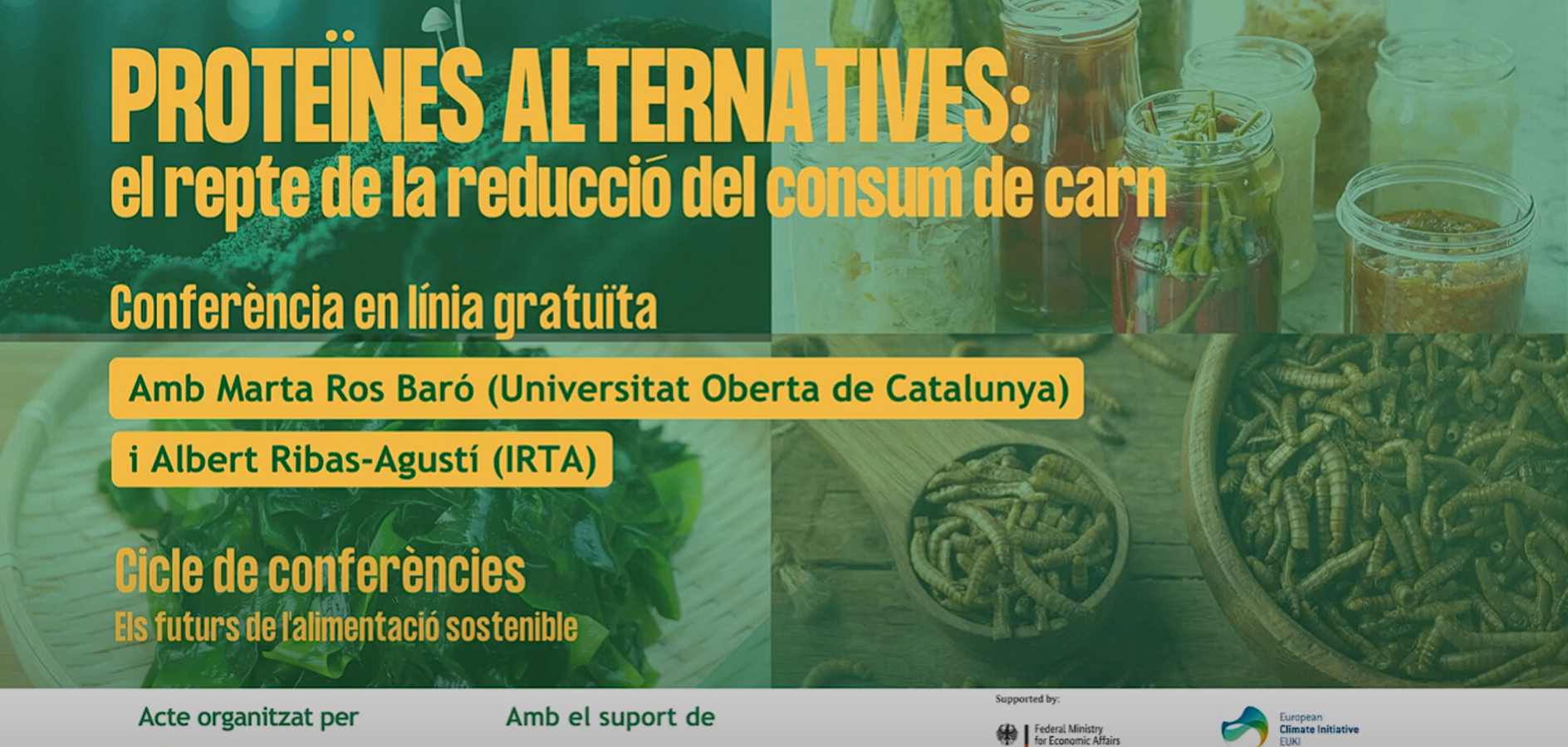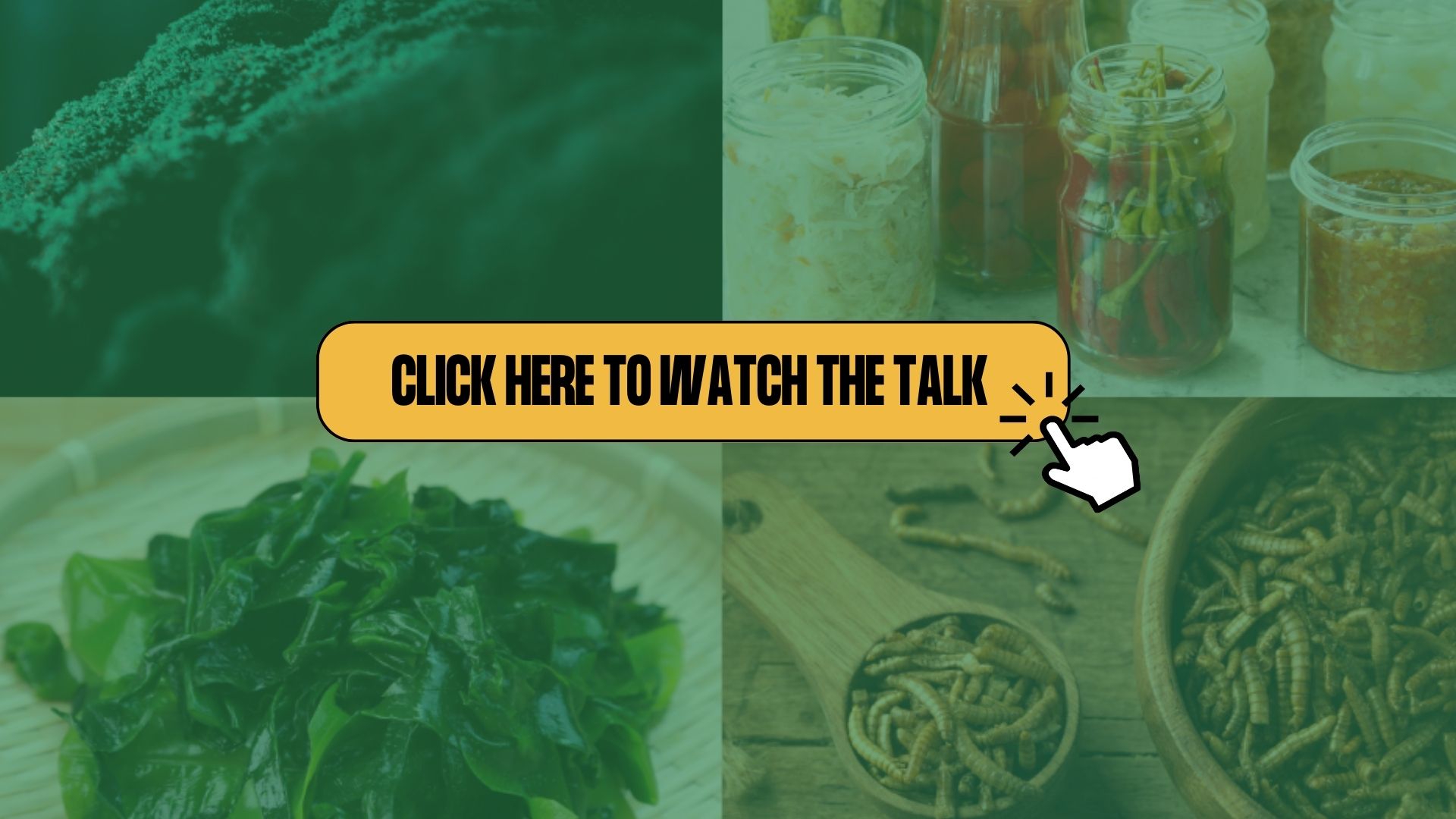Last Tuesday, 31 January, the EUKI project “Climate Acion to the Table” ended its cycle of activities with a talk on proteins alternative to meat consumption.
Last Tuesday, 31 January, the EUKI project “Climate Acion to the Table” ended its cycle of activities with a talk on proteins alternative to meat consumption.
The talk presented four examples of protein sources alternative to meat consumption, their viability in the market and the benefits their consumption could bring to the future diet.
Albert Ribas-Agustí, a researcher from the Food Funcionality and Safety from Agri-food Research and technology Institute (IRTA), focused his presentation on three types of protein sources: plant-based, originating from cereals and other plants, algae and microalgae, and microbial, arising from the fermentation of fungi, yeasts and bacteria.
Ribas-Agustí offered several examples of products derived from these proteins, such as vegetable meats and milk, tempeh, and energy bars. In addition, he also discussed new foods being developed by IRTA’s research projects, such as vegetable creams combined with microalgae, which have turned out to be a product rich in protein and with more than 20% of caloric value.
The second part of the event featured Marta Ros Baró, a food technologist, dietician and lecturer at the Universitat Oberta de Catalunya. She addressed the scenario of edible insects as an alternative protein source. Baró highlighted the nutritional benefits of insects, which could be included in the food pyramid on the same level as legumes.
The food technologist also reflected on the food taboo that the consumption of insects represents in several societies and the various social and cultural obstacles to their acceptance. However, Marta Baró presented several keys to its entry into Western food, such as introducing it as flour or formulating it in foods close to local gastronomy.
Marta Ros also cited data from the World Bank, which warns that the human population will increase by 9 billion by 2050 and that this will mean having to produce 50% more food. The consumption of insects, therefore, could be a solution to address food shortages.
The EUKI project “Climate Action to the Table” bids farewell
The activity, part of the conference series The futures of sustainable food, closed the series of talks of the EUKI project “Climate Action to the Table”.
The programme, jointly promoted by Fundesplai and the associations Umanotera from Slovenia and Fifty-Fifty from Greece, has worked to encourage people (especially young people and adults) to make more informed and responsible food choices by offering gamified and participatory activities.
Activity comprised in the EUKI project “Climate Action to the Table”.
This project is funded by the European Climate Initiative (EUKI) of the German Federal Ministry for Economic Affairs and Climate Action.


